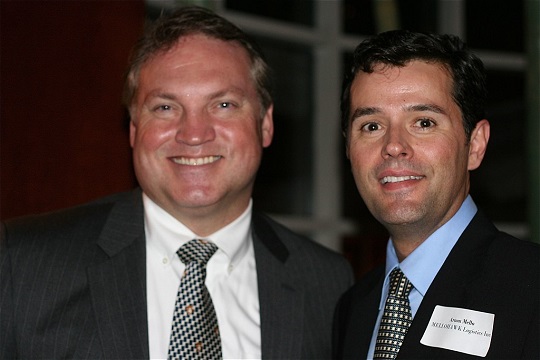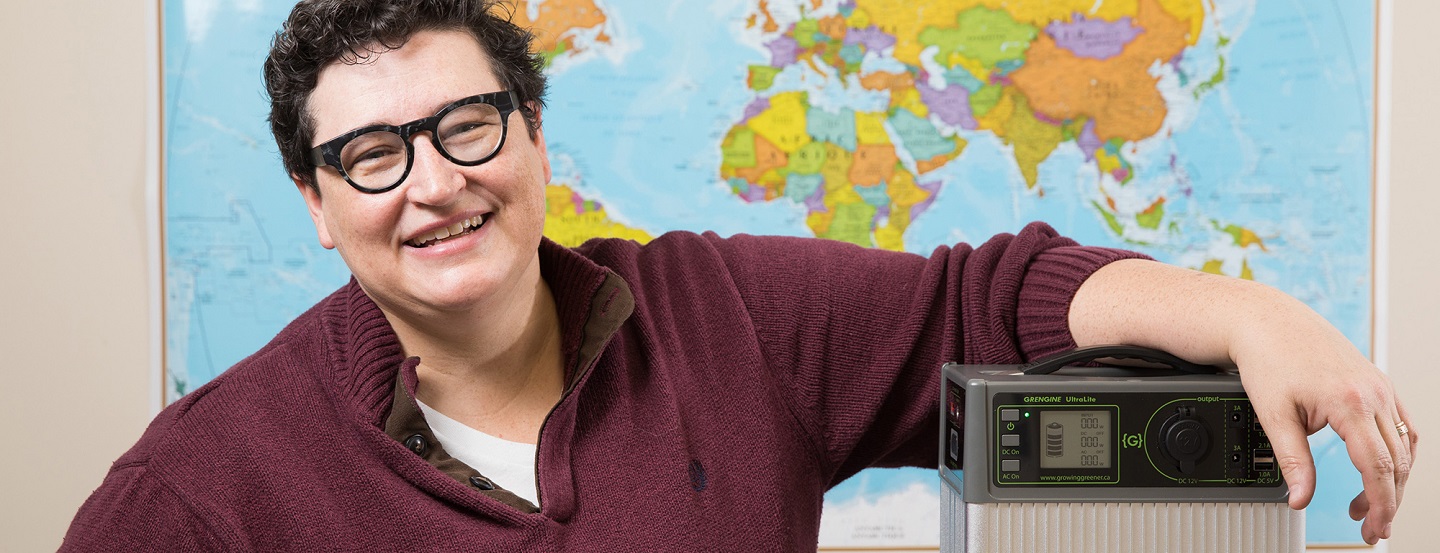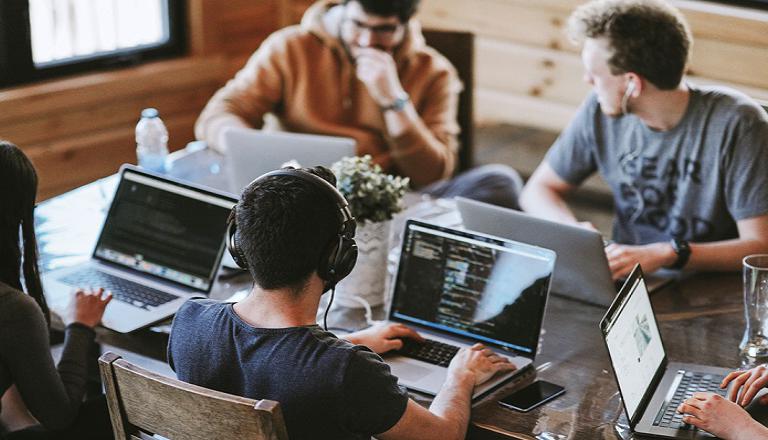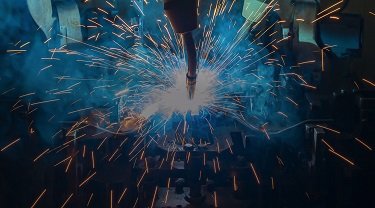Hawkins adds, “Our goal is not to make anyone uncomfortable, but I’m not going to be uncomfortable either. In our relationship-building, if we can be a bit of an ambassador for the world to understand that we have much more in common than differences, then we’re happy to take on that role.”
They also recommend becoming active members of the Canadian Gay and Lesbian Chamber of Commerce. “The networking is unbelievably effective. It’s almost like a network of spies, how quick and efficient we are at arranging and sharing connections,” says Melo.
As members, MELLOHAWK was also invited to participate in Canada’s first LGBTQ2+ trade mission in 2018 to Philadelphia with Global Affairs Canada and other diverse-certified companies.
Melo adds that the Canada brand helps protect LGBTQ2+ exporters. “Canada is perceived as a progressive country, being very supportive of individual rights. There’s almost a reaction of ‘Oh, they’re Canadian, so there you go.’ As we all grow businesses internationally, we’re building that Canadian brand of positivity, inclusiveness and kindness.”
Recently, Melo was invited to speak to a panel in Brazil about the value of diversity and their experience as a diverse-certified company. “I was nervous because there’s still a lot of discrimination about being gay in Brazil, and this was the first time I publicly announced we’re diverse-certified. But the feedback was tremendous. Sometimes the more you talk about it and the more you show diversity, the more you help people come to a greater understanding.”
Having a supportive workplace simply makes people more productive, Melo says. “I’m happy to have a company where people feel comfortable to be who we are, whether we’re black or white or brown or gay or straight. We have people with different perspectives from all over the world who can work together. Once they know they’re accepted, they’re happy to go to work and they produce so much more.”
NEXT WEEK: Cleantech entrepreneur faces tough challenges abroad.




















